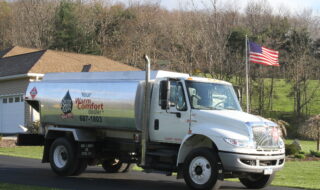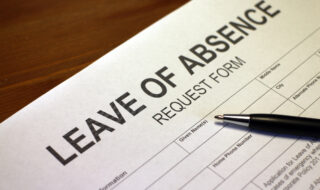February 1, 2024 Last Edit: July 17, 2024
“Continuing to import radical energy policies from California will drive Minnesota off a fiscal cliff.”
SAINT PAUL (Feb. 1, 2024) – As the Walz Administration prepares its latest plan for a California-style Low Carbon Fuel Standard (LCFS), Minnesota small business owners overwhelmingly disapprove of this costly mandate. In a survey of National Federation of Independent Business (NFIB) members, 91 percent oppose adopting an LCFS in Minnesota.
“Continuing to import radical energy policies from California will drive Minnesota off a fiscal cliff,” said John Reynolds, NFIB Minnesota State Director. “Independent truckers, farmers, and other small business owners can’t keep their doors open when they’re facing a 50 cents per gallon tax hike for diesel. Backdoor energy taxes are not the solution. We urge the Minnesota Legislature to reject this scheme and focus on improving our environment without harming our economic future.”
Background:
Only three states have adopted an LCFS: California, Oregon, and Washington. LCFS regulations set phased emissions reductions for transportation fuels. Fuel makers must meet the emissions reduction targets by changing how they produce fuel, purchase credits to offset emissions, or face penalties.
California’s LCFS was found to have increased the price of gasoline and diesel by 22 cents per gallon, while reducing the carbon intensity of fuel by just 7.5%, in in 2020.
As LCFS emission reduction targets ratchet up, the cost of fuel continues to go up. According to the California Legislative Analyst’s Office, LCFS is expected to cost drivers 46 cents per gallon of gasoline and 50 cents per gallon of diesel by 2030.
In 2023, the Minnesota Legislature approved a series of initiatives aimed at reducing greenhouse gas emissions in the transportation sector, including:
- $16 million for electric vehicle purchase or lease rebates (up to $2,500 per vehicle)
- $13.8 million for EV chargers
- $7 million for electric school buses
- $6.5 million for upgrading electric panels in single family and multifamily residential buildings to a minimum of 200 amps (to accommodate EV charging)
- $4 million for electric bicycle rebates (up to $1,500 per bike, two bikes per family)
- New, uncapped energy tax to fund electric vehicle purchase, lease, and infrastructure subsidies
NFIB is a member-driven organization advocating on behalf of small and independent businesses nationwide.
Related Articles














